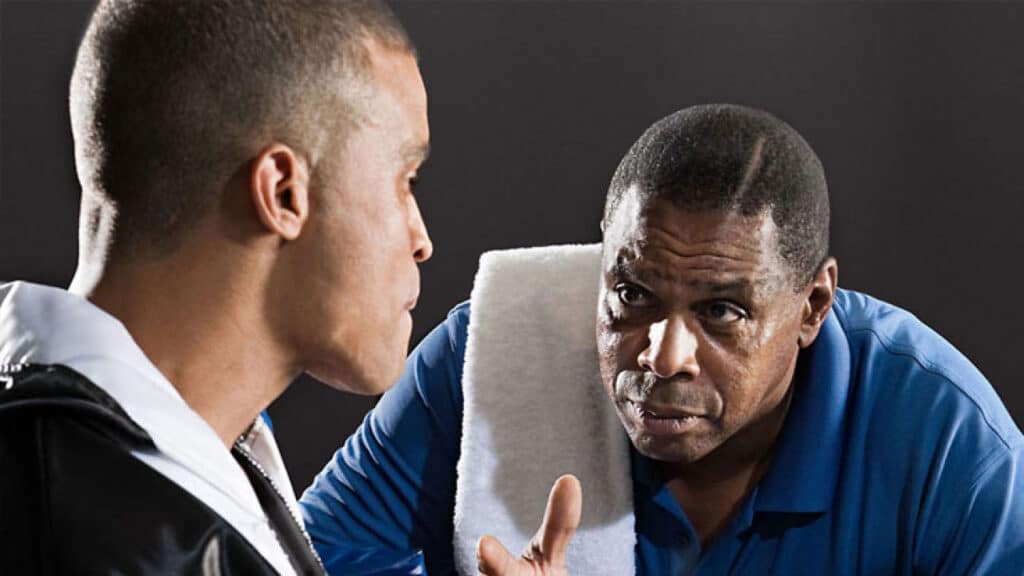Some people might say that getting your head in the right mindset to be an athlete is something that you either can do or you can’t. It’s something entirely up to the individual competitor. While the importance of mindset to the sportsman can’t be denied, it would be a mistake to say you have to achieve it alone.
That’s where sports psychologists and sports psychiatrists come in. These are the experts who have studied healthy and unhealthy mindsets and know the best, scientifically tested ways to help you with yours. It’s a growing discipline, with more and more people realizing how important the mental side of things can be.
That doesn’t mean that the physical side can be ignored. Sports psychologists and psychiatrists need to be aware of how biological factors impact psychology and emotional state. As with all aspects of human health and behavior, it’s a complex and multi-layered field.
Sports psychology in America really got its start thanks to the work of Coleman Griffth in the 1920s. The focus is on how to help athletes improve their mindset, whether that’s through motivational techniques, attitudes to injury and rehabilitation, strengthening team unity and communication skills, setting goals or tackling maladaptive thought processes.
Psychology and psychiatry often overlap, but the training is different and there are variations in technique and focus. Psychiatry is a medical discipline practiced by doctors who have been to med school, while psychologists will have psychology degrees. An obvious and immediate difference between the two is that psychiatrists can prescribe medication, but psychologists cannot.
Mental health issues like depression and anxiety can have a serious impact on sports performance. Both psychologists and psychiatrists can play a role in treating these underlying conditions, but to ensure the most effective support, they must understand the specific challenges associated with being a sportsman as well, which may differ from others.
The focus of any psychological or psychiatric treatment will vary not just because the patient is involved in sport; it will also be dependent on what kind of sport and what kind of person. Any therapy needs to be tailored to the individual, allowing for a wide variety of human behaviors and experiences.
You don’t need to be a professional athlete to benefit from sports psychology or psychiatry. It could be useful in any situation where you need to improve your mindset.




